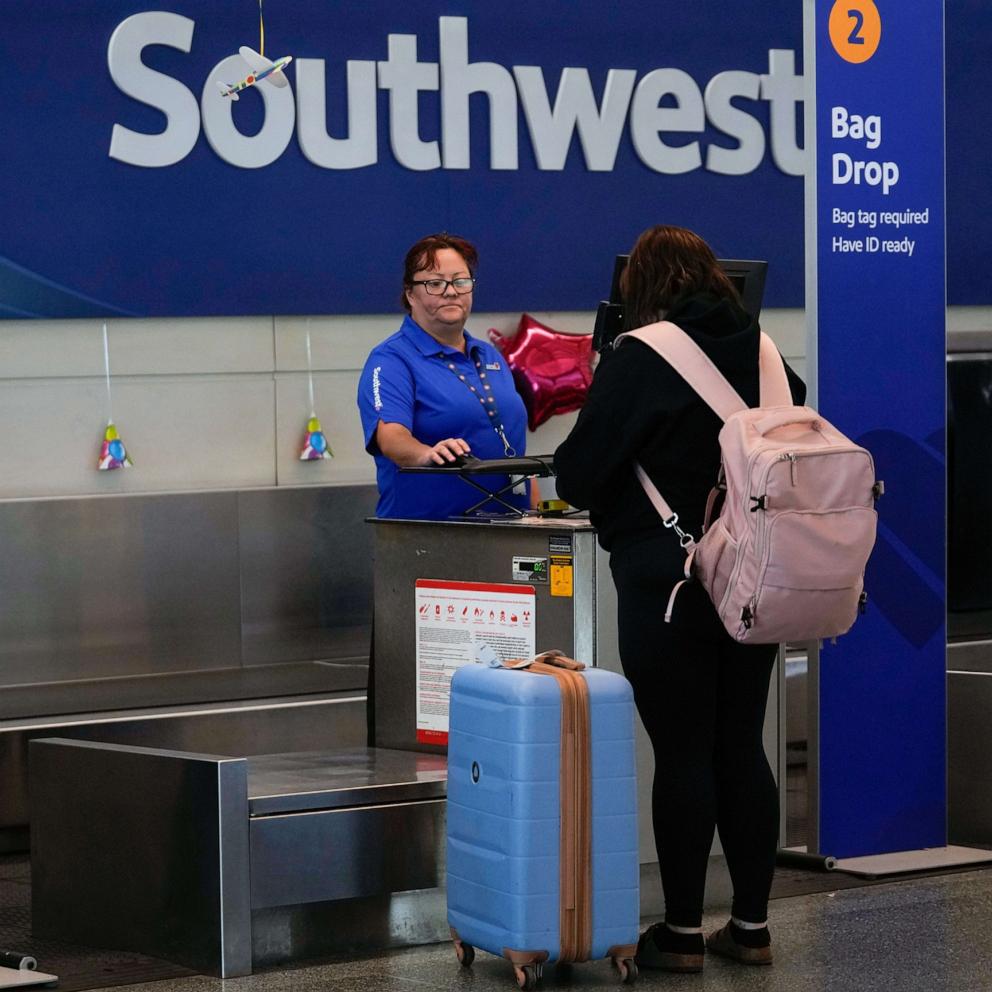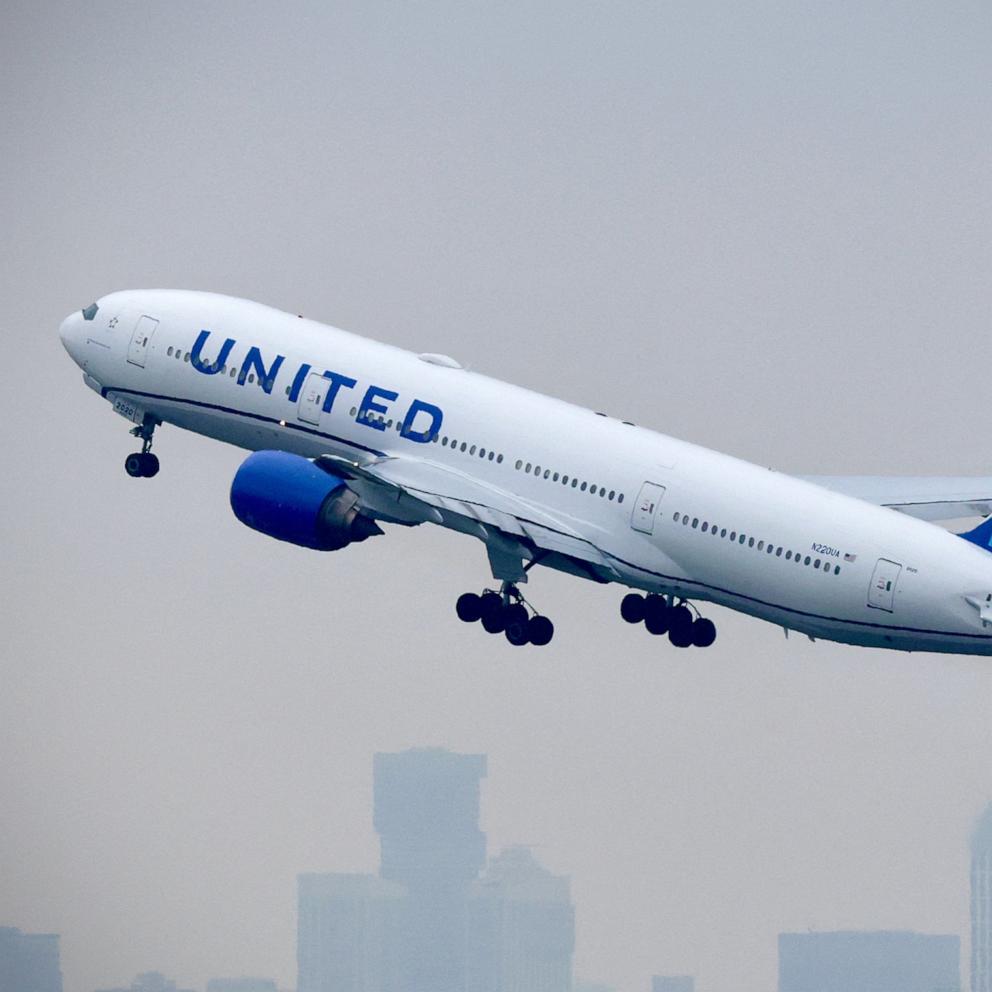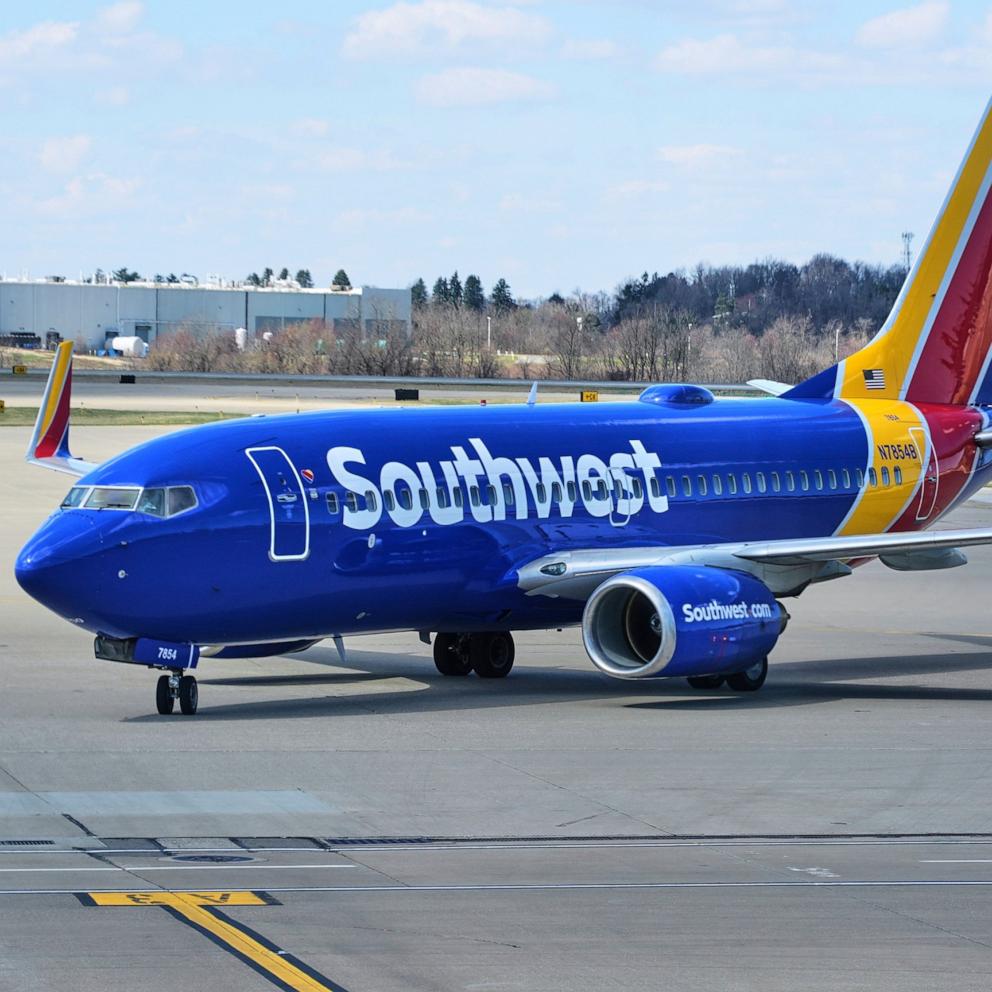New travel requirements taking effect in 2025 for domestic and international destinations

Whether your New Year's resolution is to finally book a dream vacation or put some points to good use and fly to a new destination, there are some travel requirements taking effect in 2025 that everyone should keep in mind.
New travel changes in 2025: How to get prepared and why it matters
REAL ID
Americans should make sure their identification is up to date sooner than later this winter, because starting May 7, 2025, the U.S. Department of Homeland Security will enforce the use of REAL ID at airports and some federal facilities.

U.S. travelers must be REAL ID compliant in order to board domestic flights. Read more about the requirement here and see how to obtain your REAL ID on time.
The Real ID does not replace a passport for international travel and travelers can still use a passport for all domestic flights within the U.S.
Entering the UK with ETA
The expansion of the Electronic Travel Authorization (ETA) program will impact U.S. and European travelers headed to the United Kingdom.
Starting Jan. 8, 2025, ETA registration will be required by inbound travelers so that UK authorities can screen visitors before arrival, which was modeled after the U.S.' Electronic System for Travel Authorization (ESTA) system in an effort to reduce potential security risks and make border entry more efficient.

The ETA, which costs approximately $13, is not a visa and does not replace any existing visa requirements.
Americans traveling to the U.K. on or after Jan. 8 can apply through the UK government's official website here or use the ETA app.
The ETA is valid for multiple entries into the UK through a two-year period.
ETIAS entry and exit requirements
Though not yet operational, the European Union’s European Travel Information and Authorisation System (ETIAS), which has been postponed multiple times, is expected to take effect in May 2025.
U.S. passport holders who previously traveled to Europe without a visa will now need to apply for authorization through the ETIAS platform before visiting.

Once granted ETIAS travel authorization, travelers will be able to enter participating countries multiple times for short-term stays -- usually up to 90 days -- over a 180-day period. The ETIAS is valid for up to three years, but if your passport expires, a new ETIAS travel authorization will be required.
Read more about ETIAS requirements and how to apply here.
New protections for air travelers
Earlier this year, new federal regulations took effect that require airlines to make it easier for ticketed passengers to get their money back after flight cancellations or other significant changes.
Under the new Department of Transportation rules, travelers can easily receive automatic refunds if they opt not to take a rebooked flight, significant delays are clearly defined across all airlines, and travelers are eligible for refunds on bag fees if a bag is delayed for over 12 hours (or 15-30 hours for international flights), refunds on ancillary paid services that don't work such as WiFi, and 24/7 live customer service support channels.
Click here to read more details on what's new under the updated DOT airline rules.




